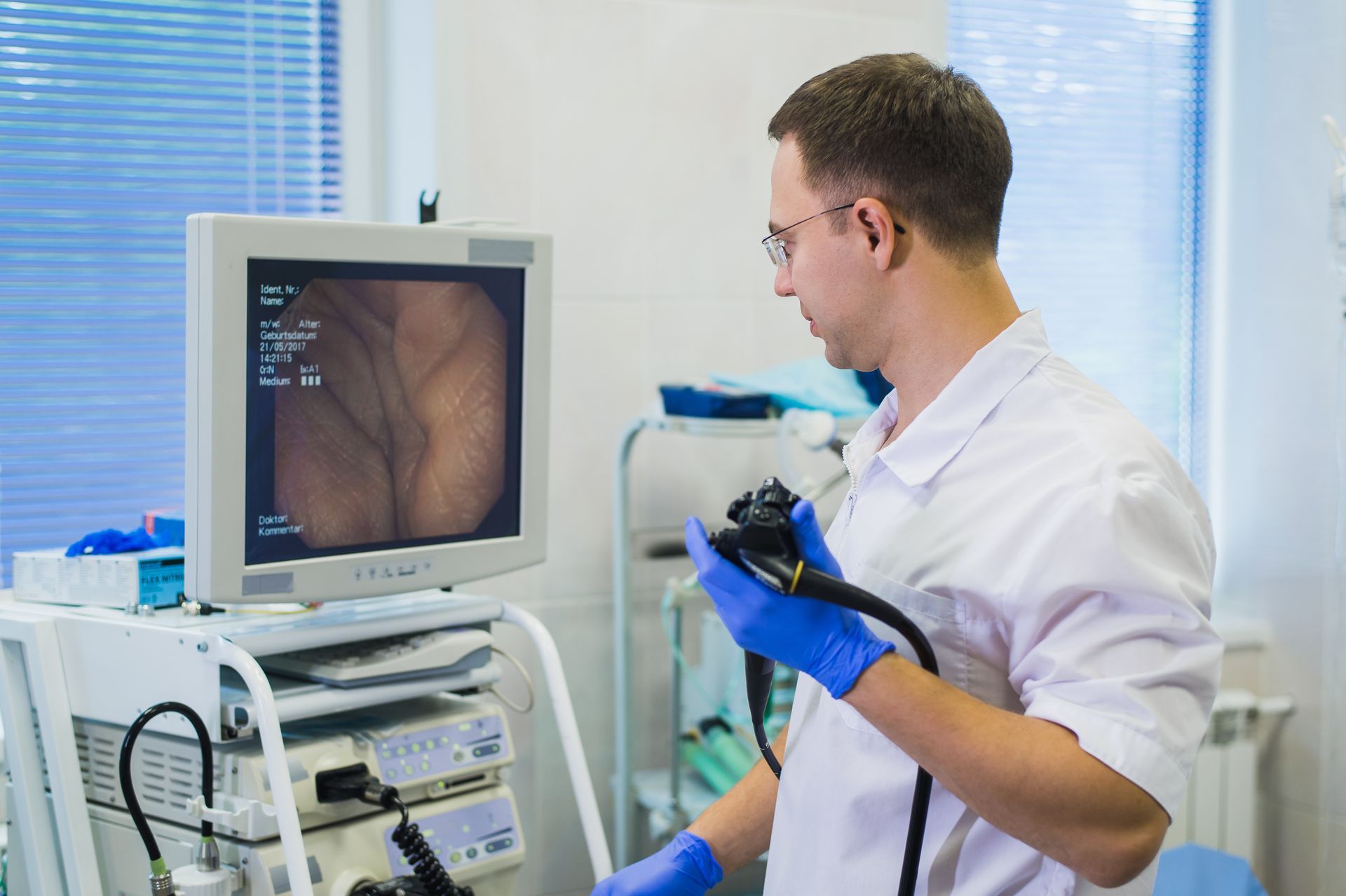4 Causes of Bloating and How to Prevent it
While many people use the term “bloat” to describe the way they feel after eating too much or when they don’t like the appearance of their belly, true bloat is a condition that leaves the belly feeling tight and uncomfortable, typically due to gas. The underlying causes of bloat vary but are often chronic in nature and need to be appropriately addressed in order to bring lasting relief and overall digestive health .
Bloating Due to Constipation
Commonly, bloating occurs as a direct result of constipation, even when a person does not realize that they are constipated. Despite regular bowel movements, it is still possible for constipation to occur if the bowel does not empty completely. Signs that this is the case can include the need to strain during a bowel movement, passing stool that looks like rocks, or the sensation of an incomplete bowel movement.
Bloating Due to IBS
Irritable bowel syndrome (IBS) can cause a number of bothersome symptoms, including constipation, diarrhea, and gas, all of which can be associated the development of bloat. Likewise, some IBS treatments produce bloat as a side effect, while the overall gut sensitivity often seen with IBS can lead to bloat in response to certain dietary triggers.
Bloating Due to Gastroparesis
Gastroparesis is a digestive condition in which the stomach is unable to fully empty itself. This is often due to damage to the vagus nerve which is responsible for coordinating the muscles in the stomach to contract. Much like constipation, this inability to adequately move stool throughout the system can result in bloat.
Bloating Due to Small Intestinal Bacteria Overgrowth (SIBO)
In a normal, healthy digestive system, there is only a small amount of bacteria present in the small intestine. However, in patients with SIBO, there is too much bacteria which can lead to bloating. This condition may occur in those who have IBS with diarrhea or who are recovering from intestinal surgery.
Steps to Prevent Bloating
In most cases, dietary changes are the first line of defense against bloating. In particular, research has shown that a FODMAP diet can be helpful in reducing gas and bloat. This diet is low in fermentable
- Oligosaccharides (found in wheat, garlic, legumes, beans, and onions)
- Disaccharides (such as lactose in yogurt, ice cream, and milk)
- Monosaccharides (such as fructose, pears, and apples)
- Polyols (sugar alcohols found in plums, nectarines, apricots, candy and gum)
Reducing or cutting back on these types of foods can help prevent the digestive occurrences that produce bloat and lead to discomfort.
In addition to dietary changes, the help of a board-certified gastroenterologist can be useful in identifying and treating the underlying causes of bloat. Physicians such as those at Digestive Diseases Center are well versed in the various conditions which may contribute to bloating and can help you better understand your condition and any changes that should be made or treatments that should be pursued. Click below to contact our office and request a consultation .
CONTACT
850-763-5409
ADDRESSES
4 LOCATIONS
204 E 19th Street, B, Panama City
12216 Panama City Beach Pkwy, D, Panama City Beach
4295 3rd Ave, Marianna
101 Good Morning St., 109B, Port St. Joe
Subscribe to our newsletter:
subscribe to our newsletter
We will get back to you as soon as possible.
Please try again later.



